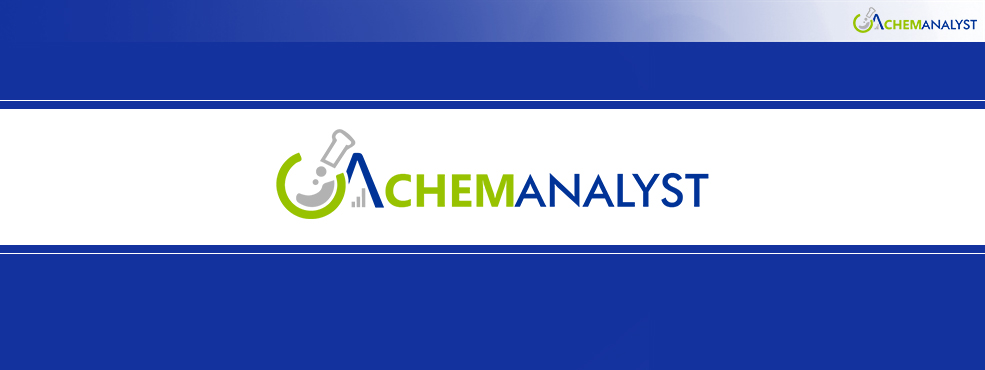Welcome To ChemAnalyst

Zimbabwe will impose a ban on the export of lithium concentrates beginning in 2027 as part of a broader strategy to strengthen the country's local processing industry, Mines Minister Winston Chitando confirmed, according to several media reports. The move builds on the government's earlier decision to prohibit the export of raw lithium ore in 2022, as the southern African nation aims to solidify its position as a key player in the global lithium supply chain.
Lithium, a critical component in electric vehicle batteries and renewable energy storage systems, has become a strategic mineral. Zimbabwe is home to substantial lithium reserves, making it a focal point for investment and policy reforms. The planned ban on lithium concentrate exports is intended to ensure that more of the mineral’s value is captured domestically through beneficiation and local production of battery-grade materials.
According to several media reports, Chitando announced the 2027 export ban during a media briefing following a cabinet meeting. He stated that the decision was influenced by ongoing investments in domestic lithium processing infrastructure. “Because of that capacity, which is now in the country, the export of all lithium concentrates will be banned from January 2027,” Chitando was quoted as saying.
Lithium sulphate production plants are currently under construction at two major sites—Bikita Minerals and Prospect Lithium Zimbabwe. These facilities are owned by China’s Sinomine and Zhejiang Huayou Cobalt, respectively. Once operational, the plants will produce lithium sulphate, an intermediate product that can be further refined into Lithium Hydroxide or lithium carbonate—materials essential for battery production.
Despite the ambitious local processing drive, Zimbabwe has had to recalibrate some of its policy targets following a sharp drop in global lithium prices in 2023. Initially, lithium miners were instructed to submit plans for building local refining facilities by March 2024. However, the government relaxed this requirement in light of unfavorable market dynamics, several media reports noted.
Chinese firms have been at the forefront of Zimbabwe's lithium boom. Since 2021, companies such as Chengxin Lithium Group, Yahua Group and Canmax Technologies have collectively invested over $1 billion (7.19 billion yuan) in acquiring and developing lithium assets across the country.
Meanwhile, Zimbabwean miners, represented by the Zimbabwe Lithium Exporters association—which includes Chengxin Lithium Group—are lobbying for a delay in the implementation of a newly introduced 5% export tax on lithium concentrate. According to a document submitted to the country’s mines and finance ministries, the group is requesting that the levy be postponed until 2027, aligning with the anticipated start of operations at the new Lithium Sulphate facilities.
The 2027 export ban marks a significant policy shift in Zimbabwe’s resource governance, aimed at ensuring long-term economic benefits through value addition and industrialization.
We use cookies to deliver the best possible experience on our website. To learn more, visit our Privacy Policy. By continuing to use this site or by closing this box, you consent to our use of cookies. More info.
